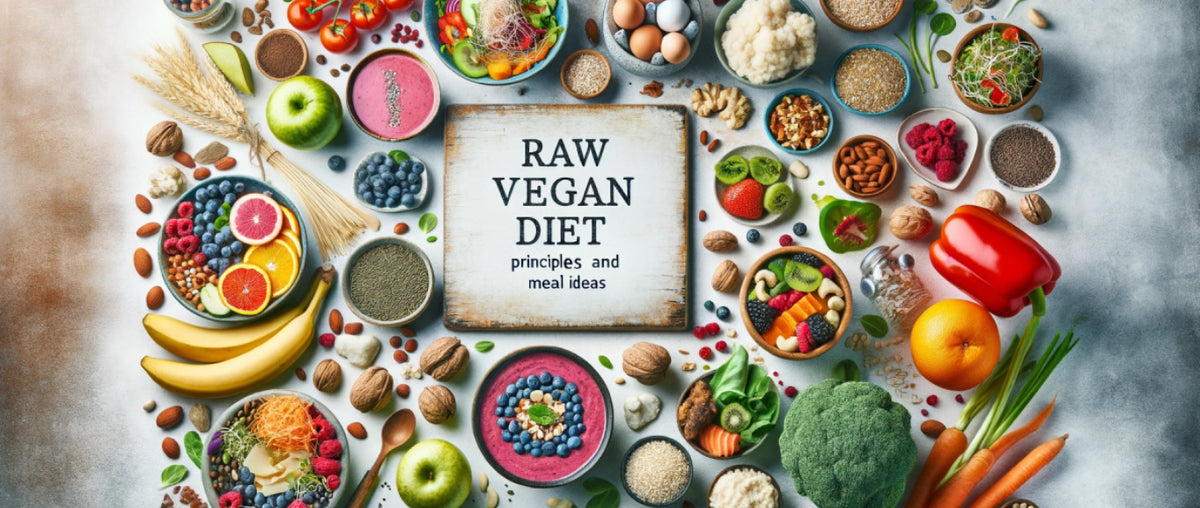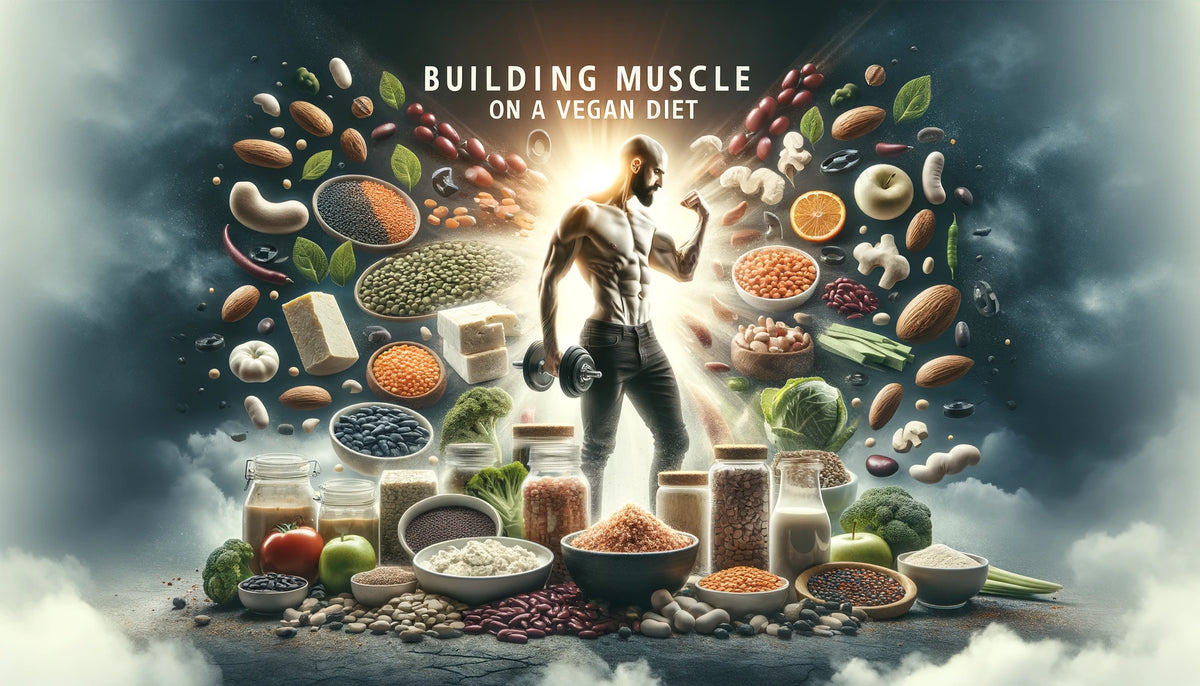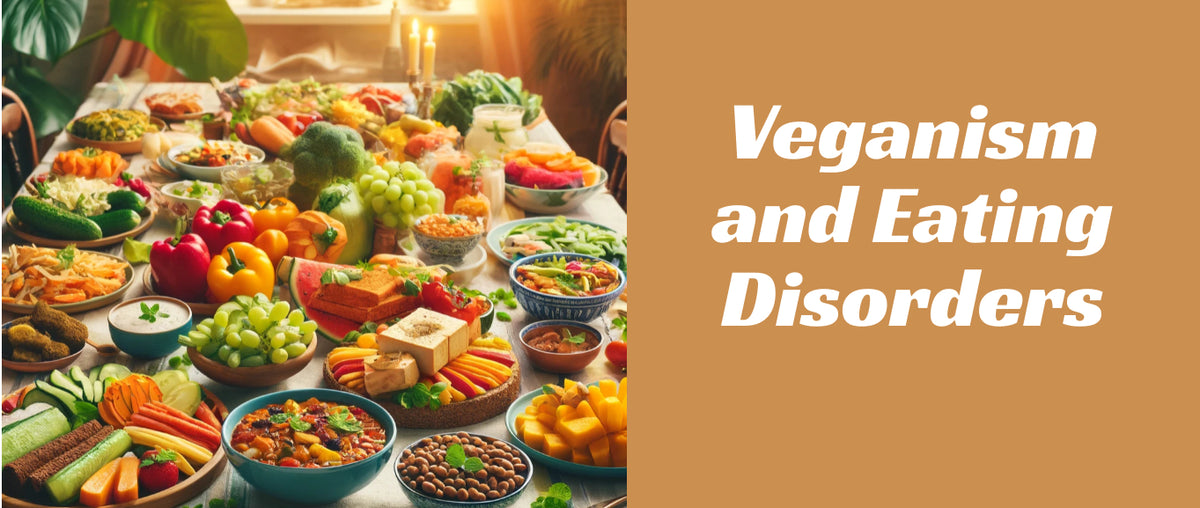Raw Vegan Diet: Principles and Meal Ideas
The Raw Vegan Diet combines two significant dietary principles: raw foodism and veganism. This diet consists exclusively of plant based foods that have not been heated above 118°F (48°C) to preserve enzymes, nutrients, and the natural integrity of the food. Vegans avoid all animal products, including dairy, meat, and eggs, making Vegan Cheese and vegan butter popular alternatives within this lifestyle.
Key Takeaways
- The Raw Vegan Diet is a nutritious and environmentally friendly lifestyle that combines raw foodism and veganism, focusing on unprocessed, plant-based foods.
- Adequate protein intake is possible through a diverse diet of nuts, seeds, sprouted grains, and legumes, supplemented by vegan products like vegan cheese.
- A raw vegan diet can be affordable with strategic shopping, bulk purchases, seasonal buying, and growing your own food.
- Nutritional balance is achievable with careful meal planning, ensuring a variety of fruits, vegetables, and fortified vegan items to meet vitamin and mineral needs.
Core Principles
At its heart, the raw vegan diet is about consuming whole, unprocessed plant-based foods in their most natural state. This includes a wide array of fruits, vegetables, nuts, seeds, sprouted grains, and legumes. The idea is that heating food above a certain temperature reduces its nutritional value and enzyme content, which are crucial for optimal health.
Incorporating vegan food products like Cashew Butter and vegan mayo into one's diet can add variety and richness, making the transition easier for those new to the lifestyle. Plant-based cheese and fat free butter are also excellent ways to explore gourmet raw vegan cuisine without sacrificing taste or texture.

Historical Background and Current Trends
The raw vegan diet isn't a new phenomenon. Historical records suggest that many ancient cultures consumed raw foods, appreciating their life-giving properties. In recent years, the diet has seen a resurgence, thanks in part to the growing awareness of vegan products and their benefits to health, animal welfare, and the environment.
Today, specialized vegan shops offer a wide range of vegan items, from cholesterol free foods to plant-based products, making it easier than ever to adopt this lifestyle. Social media and the internet have also played significant roles in spreading the word, with countless blogs, forums, and online communities dedicated to raw veganism.
Benefits of a Raw Vegan Diet
Adopting a raw vegan diet comes with a plethora of health and environmental benefits. From improved digestion to a lesser ecological footprint, the advantages of embracing plant-based foods and vegan food products are manifold.
Nutritional Advantages
One of the most touted benefits of a raw vegan diet is its high content of vitamins, minerals, and enzymes. Raw foods are packed with the nutrients your body needs to function optimally. For instance, vegan cheese made from nuts provides healthy fats, protein, and calcium, while vegan butter offers a delicious way to enjoy heart-healthy oils without the cholesterol found in traditional butter.
Eating a variety of plant-based foods ensures a broad spectrum of nutrients, including antioxidants that can protect against chronic diseases. Cashew butter and vegan mayo are not only tasty but also provide essential fatty acids and vitamins E and K, respectively.
Environmental and Ethical Benefits
The raw vegan diet is also celebrated for its minimal environmental impact. Plant-based products require less water and land to produce compared to animal agriculture, significantly reducing one's carbon footprint. Moreover, by avoiding animal products, individuals on a raw vegan diet contribute to lessening the demand for industries often criticized for their ethical issues.
Impact on Health
Numerous studies have linked a raw vegan diet to various health benefits, including weight loss, improved heart health, and a lower risk of certain diseases. The high intake of cholesterol-free foods and plant-based products can lead to better blood sugar control, lower cholesterol levels, and improved gut health.
The emphasis on whole, fat-free butter alternatives and other vegan items helps in maintaining a healthy weight without compromising on taste or satisfaction. Furthermore, the diversity of vegan food products available makes it possible to enjoy a rich, fulfilling diet that supports long-term health and wellness.
Also Read
Challenges and Considerations
Embracing a raw vegan diet comes with its unique set of challenges and considerations. While the benefits are manifold, it's crucial to approach this lifestyle with awareness and preparation to ensure nutritional balance and overall well-being.
Nutritional Deficiencies to Be Aware Of
A common concern with the raw vegan diet is the potential risk of nutritional deficiencies. Vital nutrients such as Vitamin B12, Omega-3 fatty acids, iron, and calcium must be consciously included in the diet through plant-based foods and vegan products.
- Vitamin B12: Essential for nerve function and blood formation, B12 is primarily found in animal products. Vegan food products like fortified low fat cheese and nutritional yeast can help bridge this gap.
- Omega-3 Fatty Acids: Crucial for brain health, these fats are abundant in flaxseeds and walnuts. Incorporating cashew butter and other nut-based vegan items can also contribute to omega-3 intake.
- Iron: While leafy greens and legumes are good sources, pairing them with vitamin C-rich foods enhances absorption.
- Calcium: Vital for bone health, calcium can be found in fortified plant-based products like plant-based cheese and almond milk.
The Importance of Balanced Meal Planning
To mitigate these risks, careful meal planning is essential. Diversifying your diet to include a wide range of plant-based foods ensures that you're getting a broad spectrum of nutrients. Regularly incorporating vegan butter, vegan mayo, and other vegan food products that are fortified with essential nutrients can also help maintain a balanced diet.
Tips for Transitioning Safely and Sustainably
Transitioning to a raw vegan diet should be a gradual process. Start by introducing raw meals once a day and gradually increase as you feel comfortable. Utilizing vegan shops to discover new vegan products and plant-based foods can make this transition more enjoyable and less daunting.
Meal Planning and Preparation
A successful raw vegan diet relies heavily on meal planning and preparation. With the right tools and knowledge, creating nutritious and satisfying meals becomes an exciting and rewarding part of the lifestyle.
Essential Kitchen Tools and Techniques
- Food Processor and Blender: For making vegan cheese spreads, cashew butter, smoothies, and soups.
- Dehydrator: Ideal for creating raw crackers, bread, and even vegan jerky.
- Spiralizer: Turns vegetables into noodles for raw pasta dishes.
- Mason Jars and Airtight Containers: For sprouting legumes and storing plant-based foods.
How to Store Raw Vegan Foods
Proper storage is key to preserving the nutritional value and freshness of plant-based products. Fruits and vegetables should be stored in separate drawers in the refrigerator to prevent ethylene gas from accelerating spoilage. Nuts, seeds, and vegan items like vegan butter should be kept in airtight containers in a cool, dark place to maintain their nutritional integrity.
Sprouting, Soaking, Fermenting
- Sprouting: Increases the bioavailability of nutrients in legumes and grains.
- Soaking: Nuts and seeds can be soaked to improve digestibility and nutrient absorption.
- Fermenting: Homemade vegan cheese and vegan mayo can be fermented to enhance probiotic content, aiding in gut health.
By integrating these practices into your daily routine, you can enjoy a variety of plant-based foods and vegan food products that are not only delicious but also nutritionally rich and satisfying.

Raw Vegan Recipes and Meal Ideas
A raw vegan diet doesn't mean sacrificing flavor or variety. With the right ingredients, such as vegan cheese, cashew butter, and plant-based foods, you can create an array of mouth-watering dishes that satisfy both your taste buds and nutritional needs.
Breakfast Options
- Smoothies: Blend a combination of your favorite fruits with a handful of spinach, vegan protein powder, and almond milk for a nutrient-packed start to your day.
- Fruit Bowls: Top mixed berries and sliced fruits with a dollop of cashew butter and a sprinkle of raw granola.
- Raw Granola: Mix soaked nuts and seeds with dates and dried fruits, then dehydrate for a crunchy breakfast option.
Lunch Ideas
- Salads: Combine leafy greens with an assortment of chopped veggies, vegan cheese, and a dressing made from vegan mayo and lemon juice.
- Wraps: Use large collard green leaves as wraps filled with julienne vegetables, plant-based cheese, and avocado.
- Soups: Blend tomatoes, red peppers, and sundried tomatoes for a raw tomato soup, topped with a spoonful of cashew butter for creaminess.
Dinner Recipes
- Zucchini Noodles: Spiralize zucchini and top with a raw marinara sauce and vegan parmesan cheese.
- Raw Pizzas: Use a flaxseed crust and top with a cashew butterbased sauce, fresh veggies, and vegan cheese.
- Stuffed Peppers: Fill bell peppers with a mixture of sprouted quinoa, veggies, and plant-based cheese, seasoned to taste.
Snacks and Desserts
- Energy Balls: Blend dates, nuts, vegan protein powder, and cocoa powder, then roll into balls and coat with coconut flakes.
- Raw Cakes: Create layers with blended nuts and fruits, freeze, and top with a cashew butter frosting.
- Fruit Ice Creams: Freeze bananas and blend with berries for a simple, creamy dessert.
Eating Raw Vegan on a Budget
Adopting a raw vegan diet doesn't have to break the bank. With strategic planning and smart shopping, you can enjoy a variety of plant-based foods and vegan products while maintaining a budget.
- Shop Seasonally and Locally: Fruits and vegetables are most affordable and nutritious when they are in season. Local farmers' markets often offer better deals than supermarkets.
- Buy in Bulk: Purchase nuts, seeds, and grains in bulk to save money. Store them properly to extend their shelf life.
- Grow Your Own: If space allows, growing your own herbs, sprouts, and some vegetables can be a cost-effective and rewarding way to supplement your diet.
- Plan and Prep Meals: Planning your meals in advance and preparing them at home can significantly reduce food costs and minimize waste.
- Forage for Wild Foods: Depending on your location, you may be able to forage for free wild foods like berries, greens, and edible flowers, adding variety and nutrients to your diet for free.










